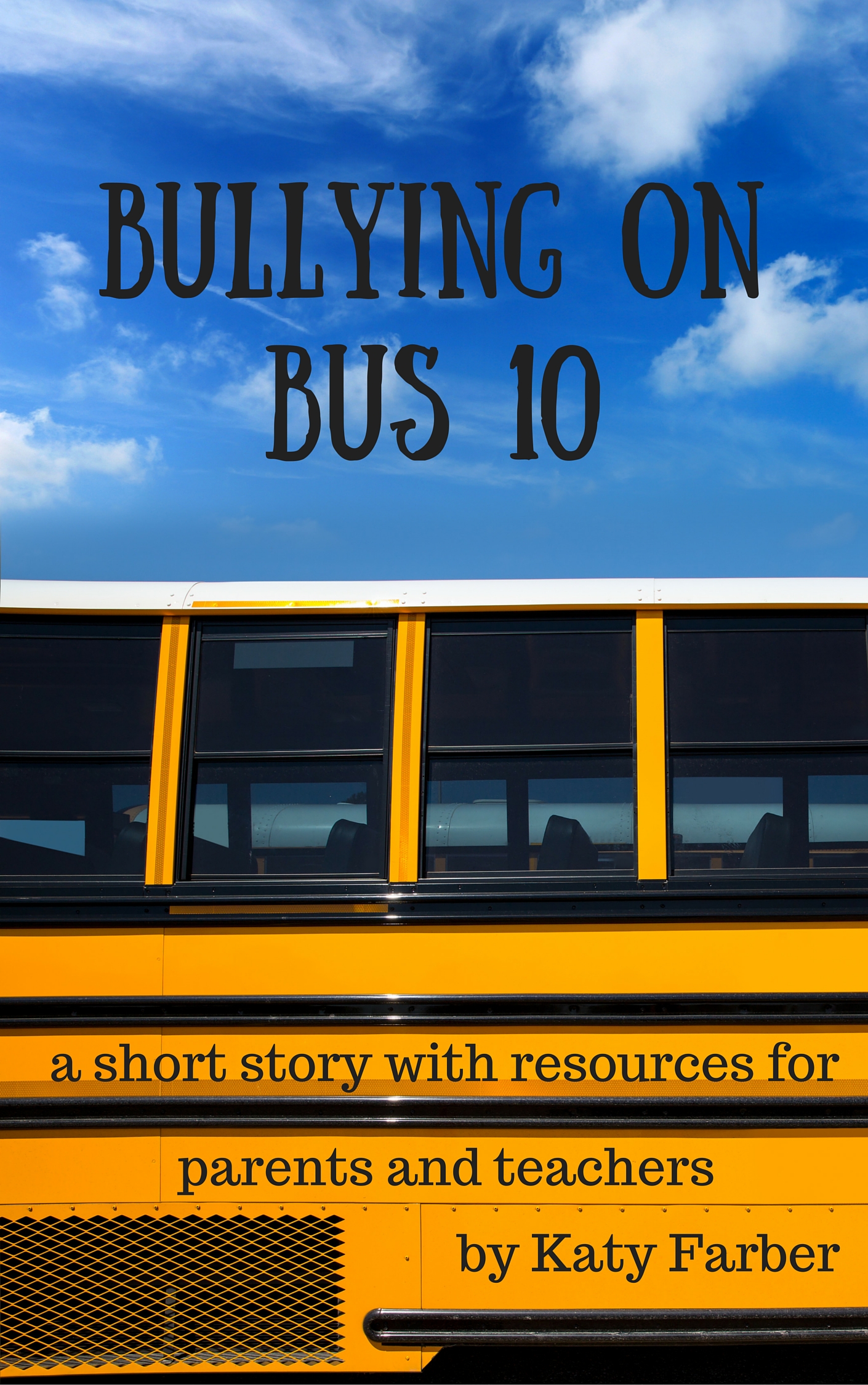 This post reflects a compensated editorial partnership with Voices for Healthy Kids, a joint initiative of the American Heart Association and Robert Wood Johnson Foundation.
This post reflects a compensated editorial partnership with Voices for Healthy Kids, a joint initiative of the American Heart Association and Robert Wood Johnson Foundation.
Imagine you are 11. Your body is being possessed. One minute, you are a kid, wanting your
stuffed animal at bedtime. The next minute, you are listening to the news and worrying about Russians taking over our elections. Your body, it’s antsy. It is changing fast. Your life is full of activities, confusing social dynamics, and people telling you what to do, and when.
Then you get to PE.
PE, for many kids, is the release valve. It is where they can move their bodies and shake off the math lesson, the cruel joke, or the latest test. PE can also be where they gain confidence, learn how to take care of their bodies, and where they learn how to play with other kids.
As a teacher, I saw how different students acted on days with and without a PE class. Aside from the occasional post PE argument about who won, students came back to class with bodies and minds ready to settle back into learning. The days with no PE, or the worst, indoor recess?
No so much.
A brain needs movement breaks. With a packed curriculum, standardized testing, and increasing pressures, this can be hard for the teacher to provide. That is why recess and PE classes are so critical.
Research shows kids need 60 minutes of physical activity per day and PE programs help our kids get to this minimum for their health and wellbeing. PE addresses the needs of the whole child, positively impacting their physical, mental, and emotional health.
Here’s the problem: Only 4% of elementary schools, 8% of middle schools, and 2% of high schools provide daily PE or its equivalent for the entire school year. How does that impact student learning, wellbeing, and their overall health? According to a report by University of Texas School of Public Health, kids need PE to be treated like a core subject like math or literacy: Continue reading



